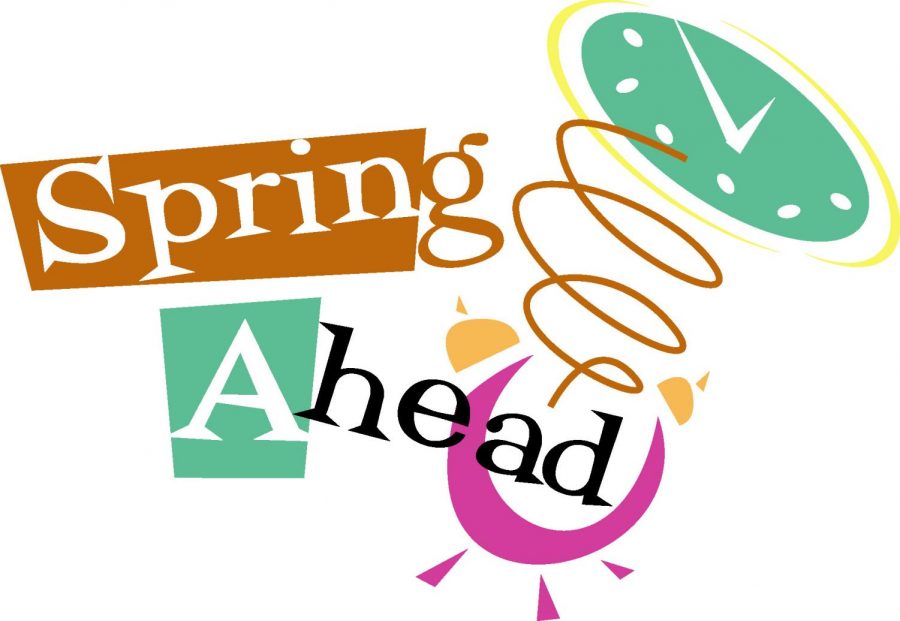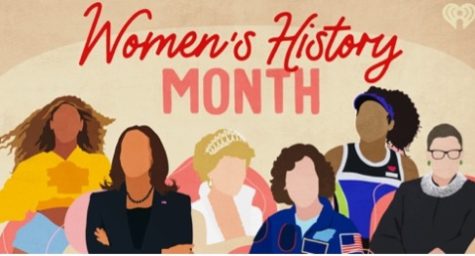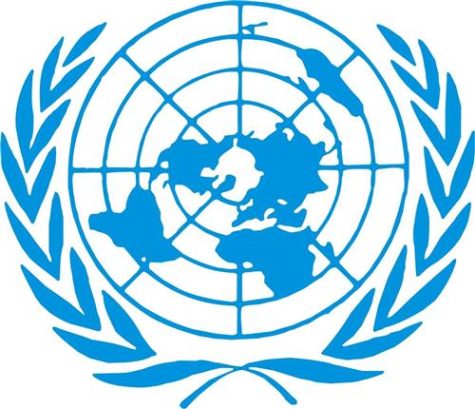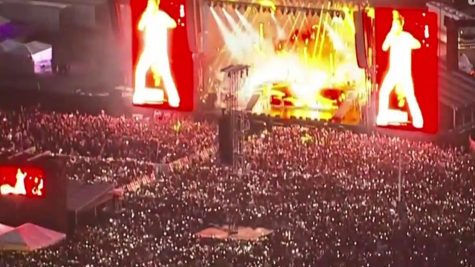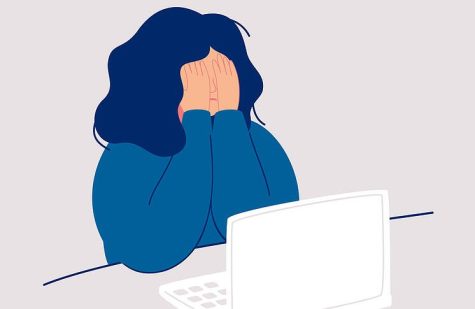Why Do We Have to “Spring Forward”?
Many people are not usually to thrilled to hear that we have to “spring forward” again, but on March 10, most of the United States set their clocks ahead an hour because of Daylight Savings Time (DST). So why do we do this? What is the point of losing an hour of sleep in the spring and gaining one in the fall? Well, many believe it dates back to Benjamin Franklin. In a 1784 essay “The Economical Project”, he thought that people were spending too much money and resources on burning candles all day. “An immense sum! that the city of Paris might save every year, by the economy of using sunshine instead of candles.”
There has been a back and forth between former presidents on how America should act utilizing or not utilizing DST. After World War I, the U.S officially adopted DST following in the footsteps of Germany, but the disliked law was soon removed. Until, in WWII President Franklin D. Roosevelt signed temporary DST into law, but like before, was soon eliminated. In 1966, President Lyndon Johnson signed a bill into law allowing DST to take start on the first Sunday of April and end on the last Sunday of October. About 20 years later, President Reagan changed the timing of DST to begin at 2 am. on the first Sunday of April and end at 2 am. on the last Sunday of October. In 2005, President Bush signed the Energy Policy Act of 2005 which had as its short title “To ensure jobs for our future with secure, affordable, and reliable energy.” As well as an increase in tax breaks, the law extended DST by four weeks. This is why we “fall back” in November and not in October.
The underlying thought of Daylight Savings Time is that it is about energy policy and money. This is contrary to popular belief which believes that DST was adopted by America to accommodate farmers. But, according to Tufts University professor Michael Downing, “That’s the complete inverse of what’s true. The farmers were the only organized lobby against daylight saving in the history of the country” (Forbes Magazine). Farmers were against DST because it prevented them from having an extra hour to spend selling their crops to market.
I asked students and faculty at NDA to see what their opinions on DST were. Most did not like to “spring forward” usually for the lack of sleep. Izzy Patel ’22 said “It’s too early in the year. It’s too confusing. At seven o’clock (pm) I don’t even realize that it’s 7 because it’s not dark and I only do work when it’s dark. I wish it was in April”. Mr. Mici said “One time zone- it’s better for the natural flow of life.” When asked what DST is like internationally he responded- “Similar, same 1 hour, changes week by week- earlier in March (than in the US), basically same idea”. Mrs. Cheyne responded, “Well, I really like having it be light out until like 9 o’clock in June, I love that, I love having a lot of time to go outside. For that reason, I like it. But, I don’t like putting the clock back and losing an hour of sleep”. Julia Reid ‘22 said, “Don’t even get me started, why do we have to lose an hour of sleep? My sleeping time is my sleeping time. The sun isn’t in my face to wake me up. Now I am living off of 6 hours of sleep.” Most people feel sleep deprived about the time change, and many believe that it is not best for our society today.

